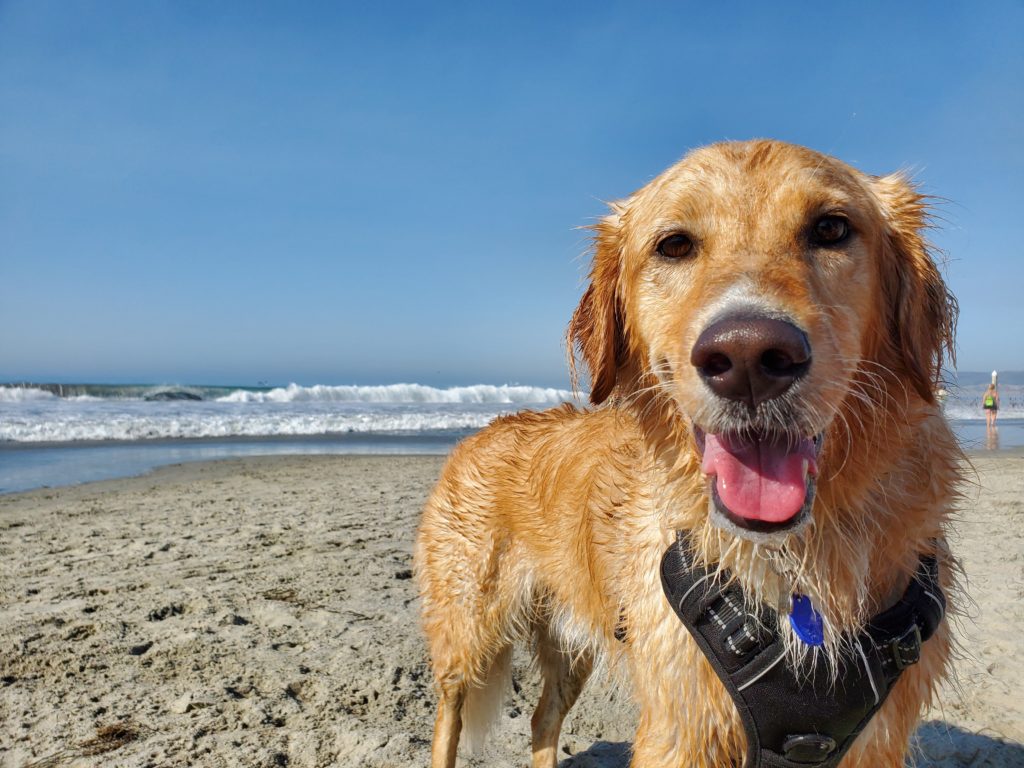Last week saw an unusual occurrence of pufferfish washing up on Cape beaches. Dead or alive, these sea creatures can be fatal to humans and dogs alike. No morning walk should be met with an emergency trip to the vet, so we’re making sure all beach walkers are up to speed.
Fortunately, the Great Dane Rescuer shared some helpful information, including symptoms and guidance regarding what to do, should your doggo have an unfortunate encounter with a nasty pufferfish.
While a huge effort has been made to clear the mass of toxic swimmers, they are rather camouflaged, and the possibility of one or two remaining hidden amongst the sand is a possibility.
All things pufferfish, thanks to The Great Dane Rescuer:
Pufferfish contain a toxin called tetrodotoxin; stored in the fish’s skin and internal organs, it is one of the most deadly natural poisons.
If your dog gets hold of this deadly fish, here’s what to look out for:
- Vomiting and diarrhoea
- Mental dullness/seeming “depressed.”
- Trembling/excessive drooling
- Wobbly walking pattern
- Weakness
- Difficulty breathing
- Blue-tinged gums
- Dilated pupils and the animal stops blinking
- Paralysis
- Eventual coma
Death by pufferfish toxin can occur anywhere from as little as 20 minutes, to between 4 and 6 hours post-ingestion.
“If your dog has ingested pufferfish, having the dog vomit up the fish is key to alleviating further toxicity so get them to a vet ASAP.
If you cannot get to an emergency vet, a soap bolus is your next step to induce vomiting. Activated charcoal powder can be given to help absorb the toxin thereafter. If you notice that your dog has vomited up a fish, bag the evidence and take it with you to the vet for a positive ID. Please watch your dogs on their beach walks for the next few days.”
We suggest creating a little first-aid kit for your pooch that includes Hydrogen Peroxide – a solution every dog owner should have on hand in case of emergency. It is the safest way to induce vomiting. Should your dog encounter a pufferfish, give one teaspoon of the solution per every 4.5 kilograms of body weight, says PetsBest.
Should your dog encounter a pufferfish, seek professional help from a qualified veterinarian as soon as possible.
Picture: Unsplash

